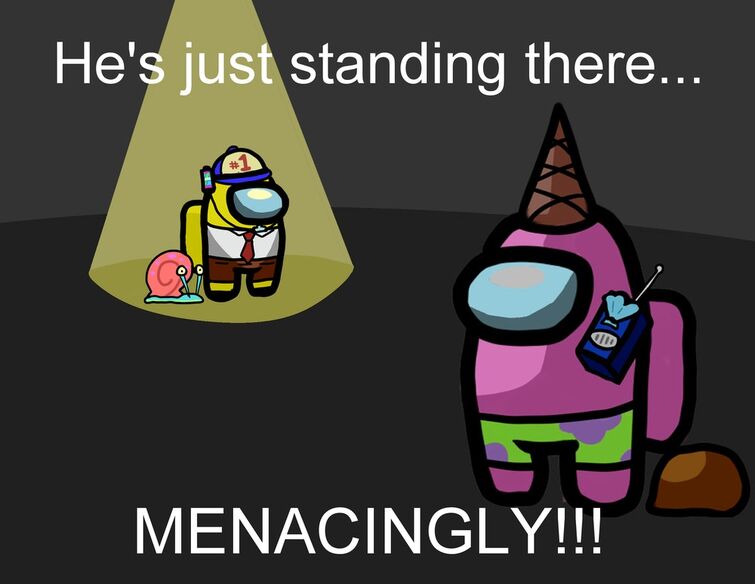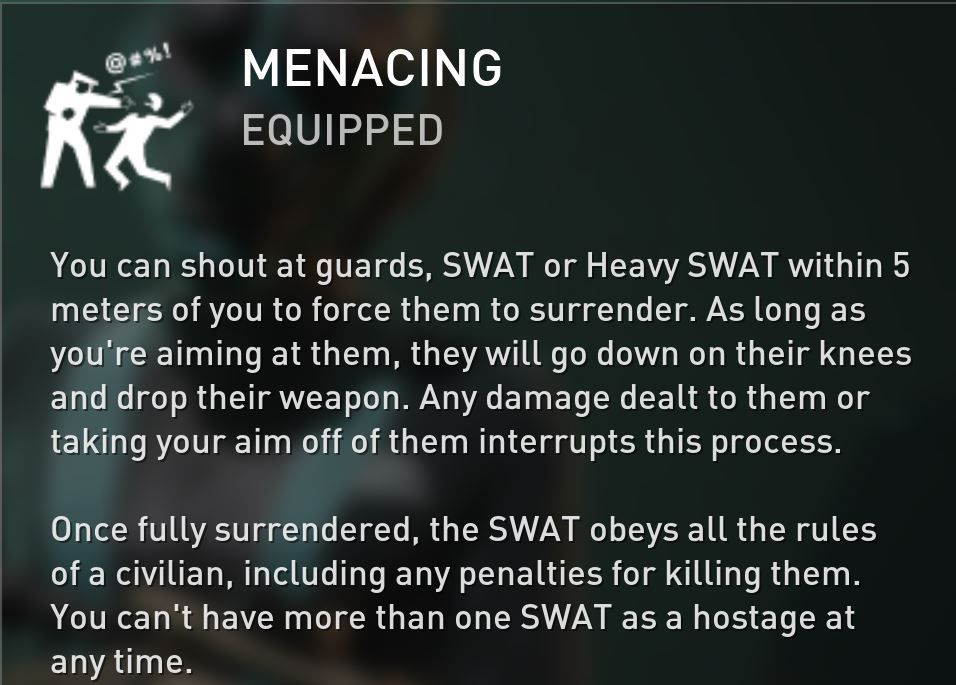The meaning of follow-up in intensive care: patients' perspective.
Por um escritor misterioso
Last updated 02 abril 2025

The study corroborated earlier research that found that patients seek to understand experiences they have undergone and found that the diary as text and photos, in addition to conveying care and love, is important to induce postexperience reflections. The growing understanding of correlations between experiences and memories from a period of intensive care treatment and complaints of mental character has led to the development of various patient follow-up offers. Little, however, is known about what follow-up may mean to patients. The aim of this study was to explore the meaning of patients' lived experience of being followed-up in a programme consisting of patient diaries, post-intensive care unit (ICU) conversations and visits back to the ICU. Field notes were made from encounters with patients (n = 10) during follow-up. Then they were interviewed twice, at about 6 months (n = 8) and at about 18 months (n = 6) after discharge from hospital. The first interview focused on the patients' experience during intensive care and on their reflections on the experience. The second interview had a particular focus on the meaning for each individual of the sources for understanding that they had been offered. The data was analysed by using a hermeneutic-phenomenological approach. The study corroborated earlier research that found that patients seek to understand experiences they have undergone. They search for meaning in experiences and memories. It is realized that the diary as text and photos, in addition to conveying care and love, is important to induce postexperience reflections. It provided guideposts that follow-up conversations could pursue in the patient's quest for meaning. The conversation also provided an opening for, and could in itself be essential to, the patient's willingness to talk about experiences. It allowed the nurse to accompany the patient in his quest for meaning. The return visit appeared to be significant in the patient's quest for meaning. It was via 'feeling' the room that 'things' fell into place. The study is important in elucidating aspects that are beneficial in the patient's follow-up and which lay the basis for further development of existing and new follow-up offers.
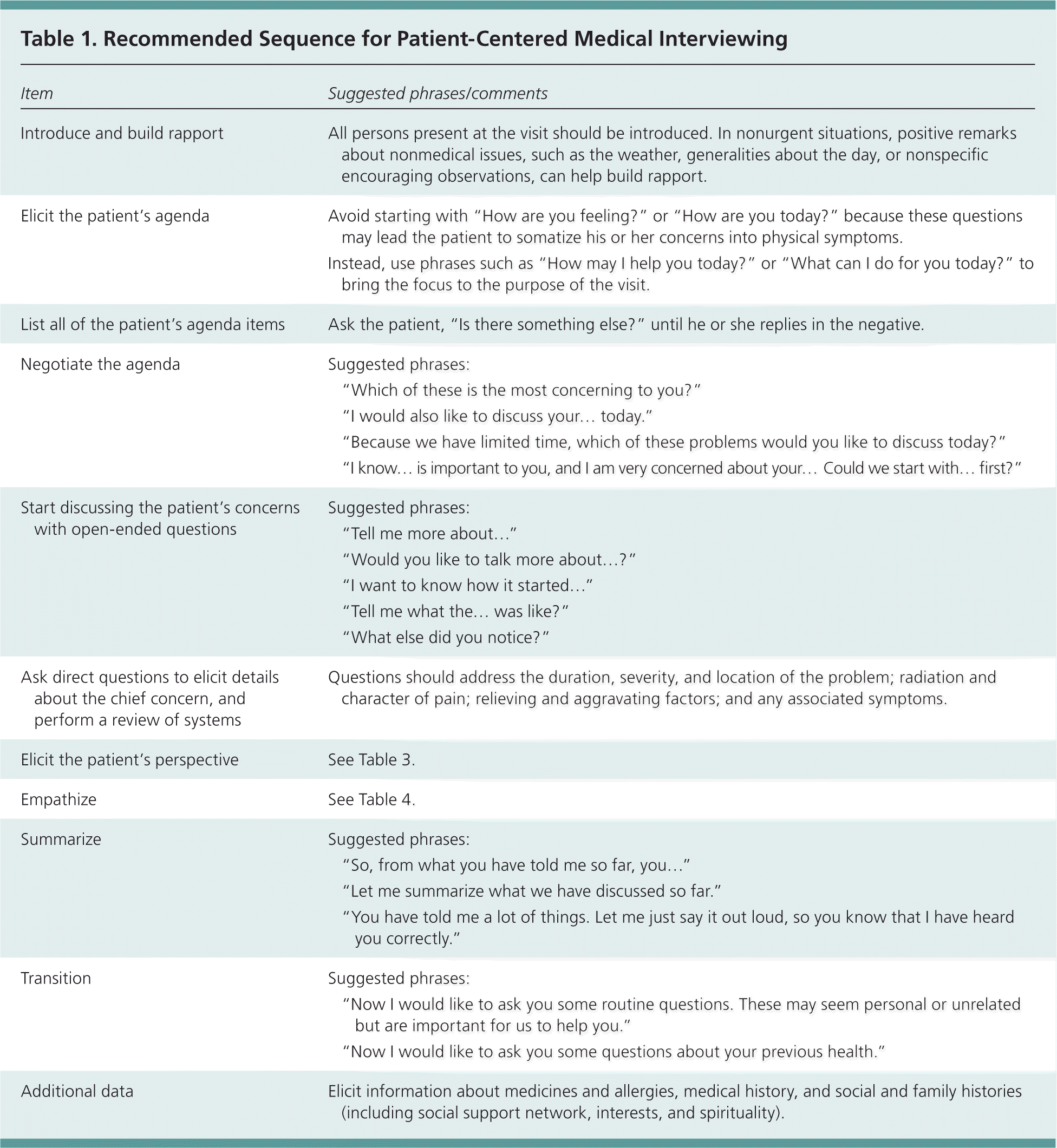
Patient-Centered Communication: Basic Skills

Medicine - Wikipedia
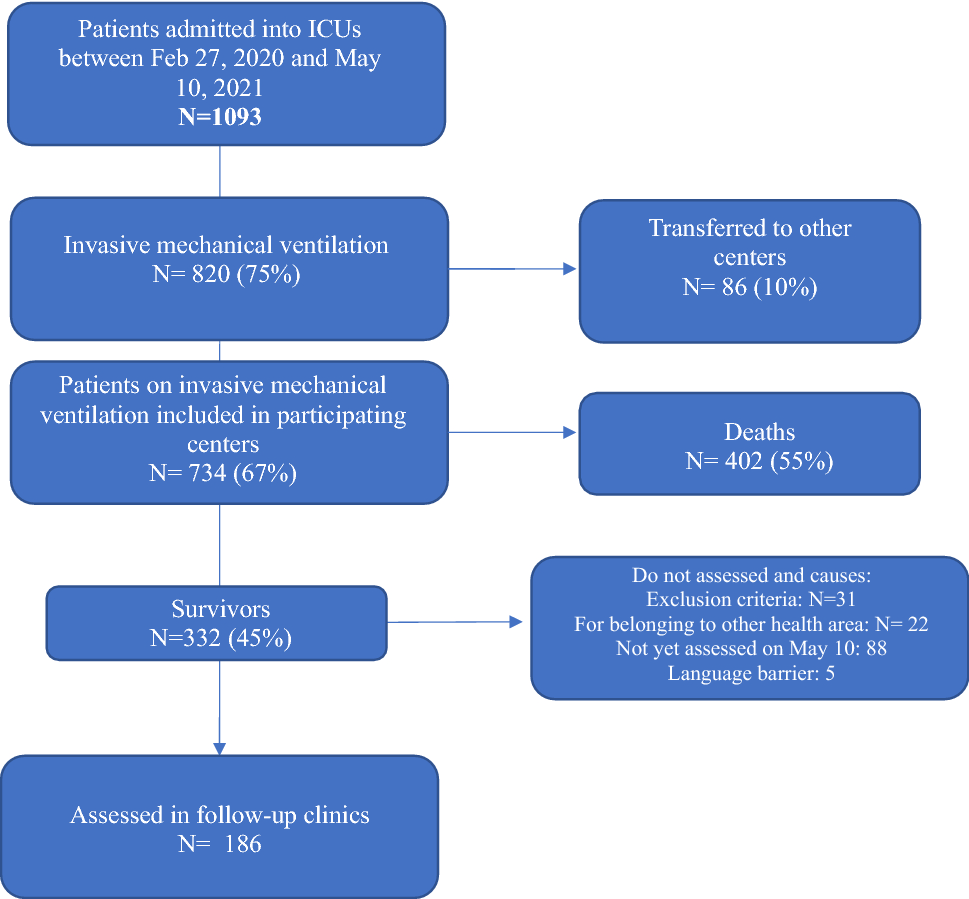
Prevalence of post-intensive care syndrome in mechanically ventilated patients with COVID-19

6-month consequences of COVID-19 in patients discharged from hospital: a cohort study - The Lancet

Life in A Psych Ward: What Are Mental Hospitals Like?
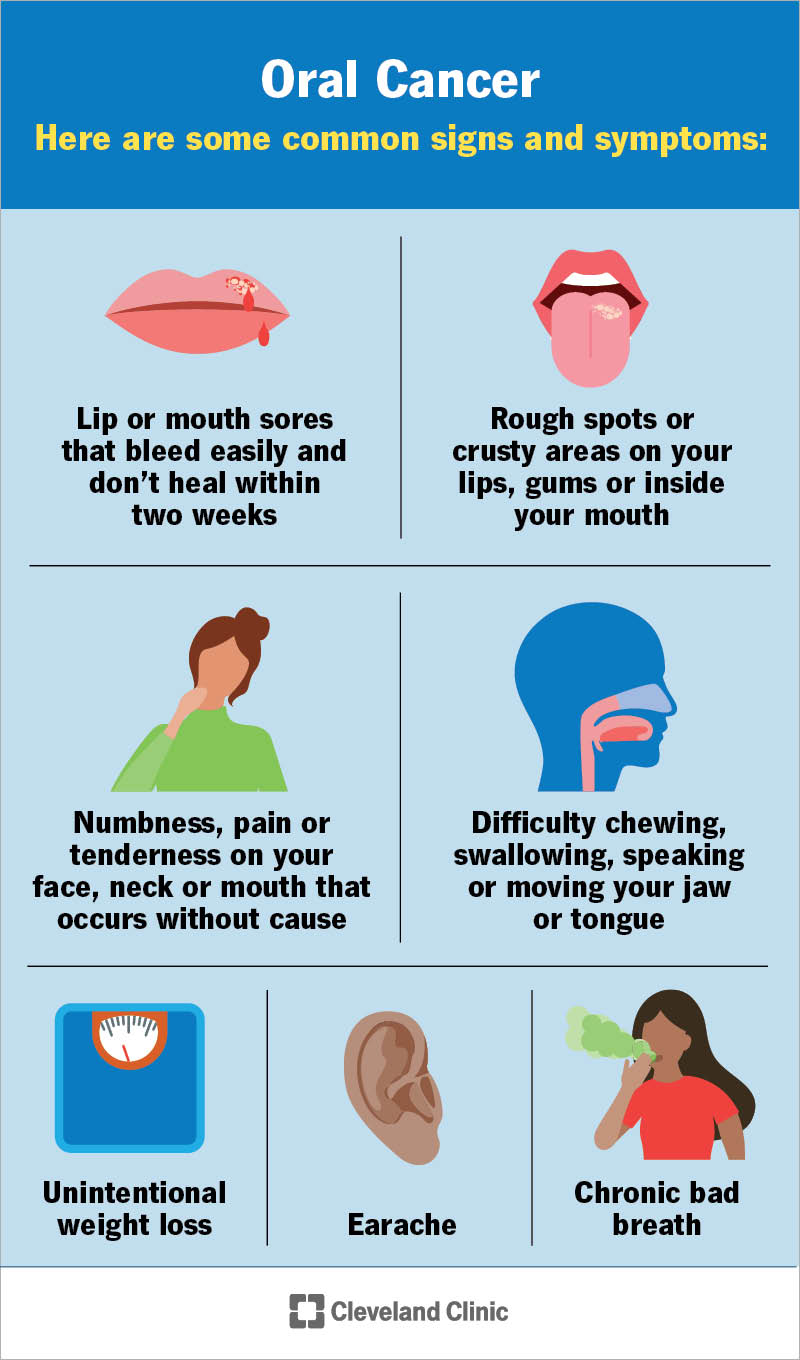
Oral Cancer: Causes, Symptoms & Treatment

Developing a Nursing Care Plan [2023]
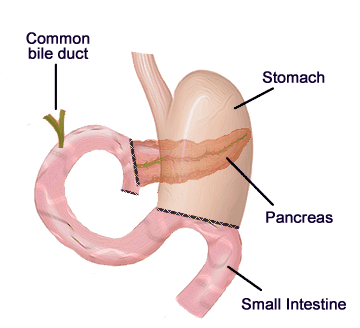
Whipple Procedure, MUSC Health
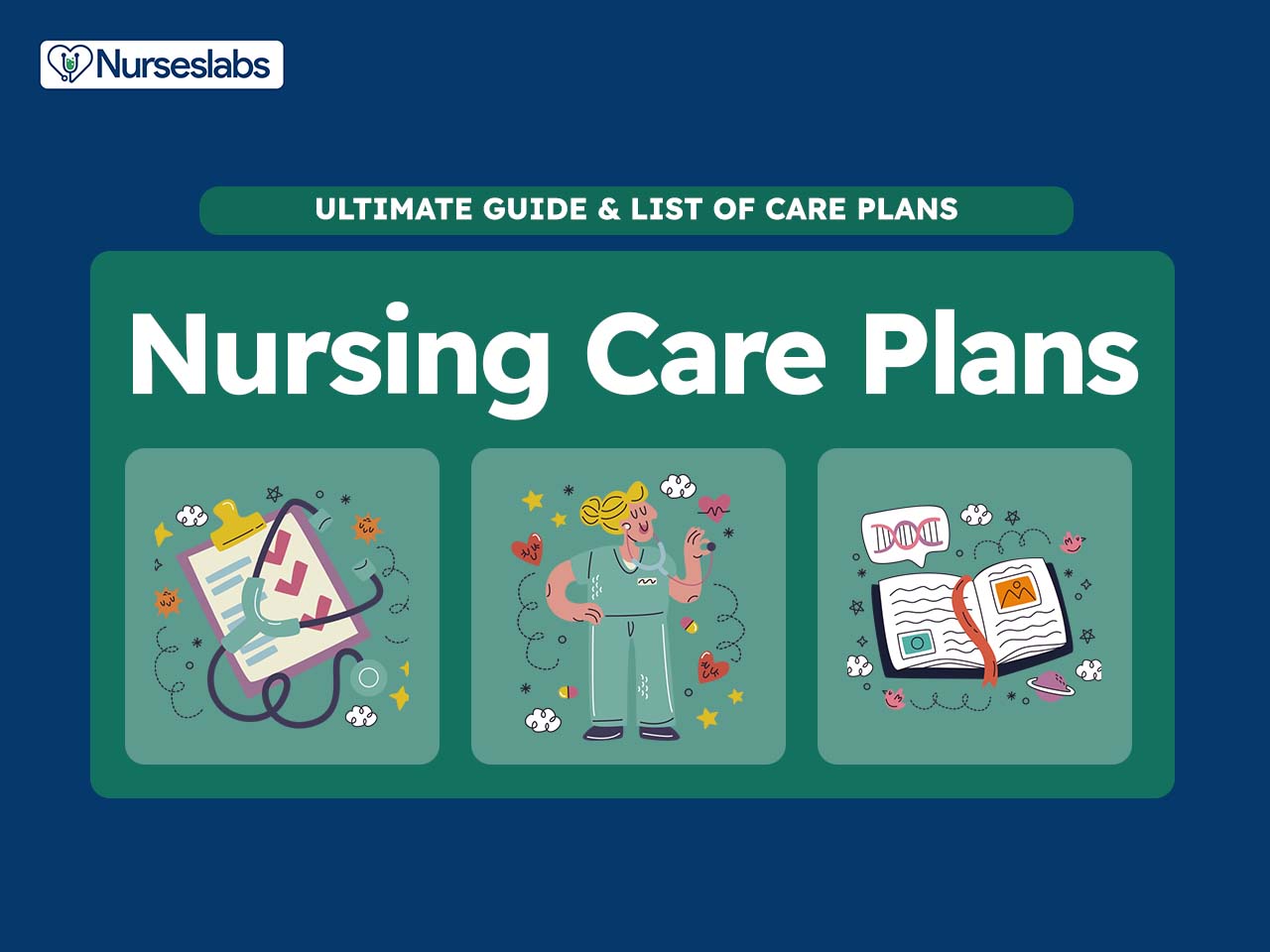
Nursing Care Plan (NCP): Ultimate Guide & List [2023 Update] - Nurseslabs

Maslow's Hierarchy of Needs
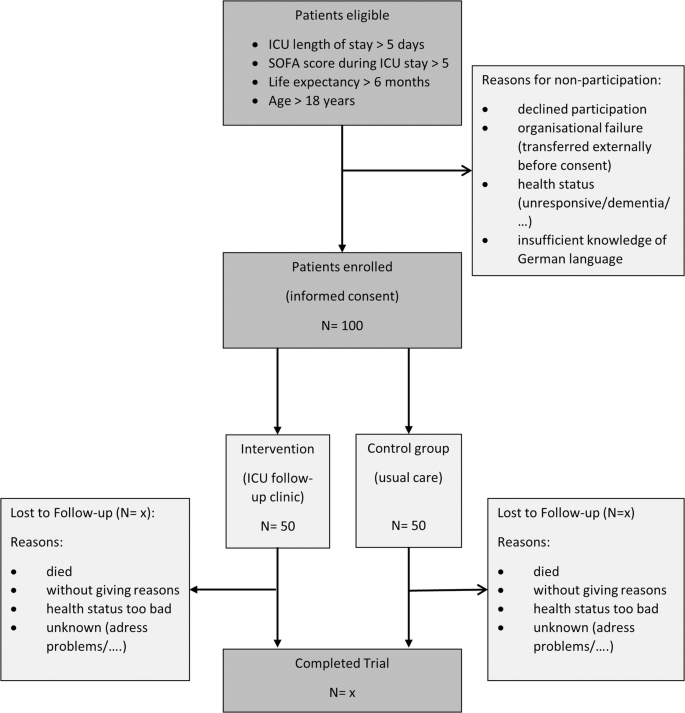
Piloting an ICU follow-up clinic to improve health-related quality of life in ICU survivors after a prolonged intensive care stay (PINA): study protocol for a pilot randomised controlled trial
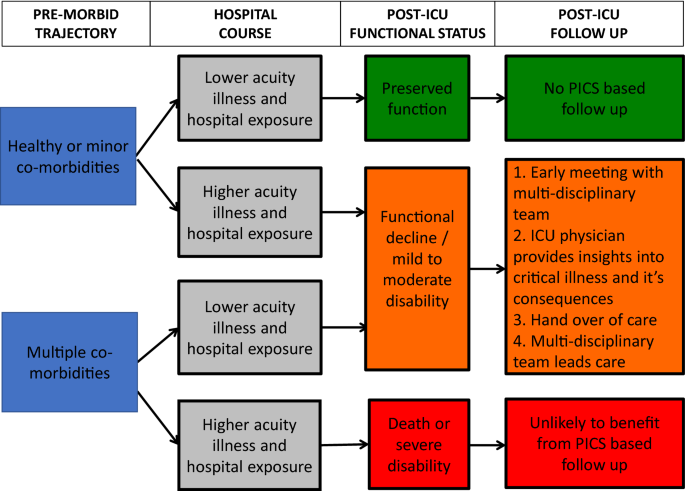
Should ICU clinicians follow patients after ICU discharge? No

PDF) The meaning of follow-up in intensive care: Patients' perspective
Recomendado para você
-
 Menacing - Definition, Meaning & Synonyms02 abril 2025
Menacing - Definition, Meaning & Synonyms02 abril 2025 -
Sri UCSI Secondary School - WORD OF THE WEEK Ominous Meaning: i) Giving the impression that something bad or unpleasant is going to happen. ii) Menacing; threatening. Sentences: i) There were ominous02 abril 2025
-
 Menacing jojo meaning - Top vector, png, psd files on02 abril 2025
Menacing jojo meaning - Top vector, png, psd files on02 abril 2025 -
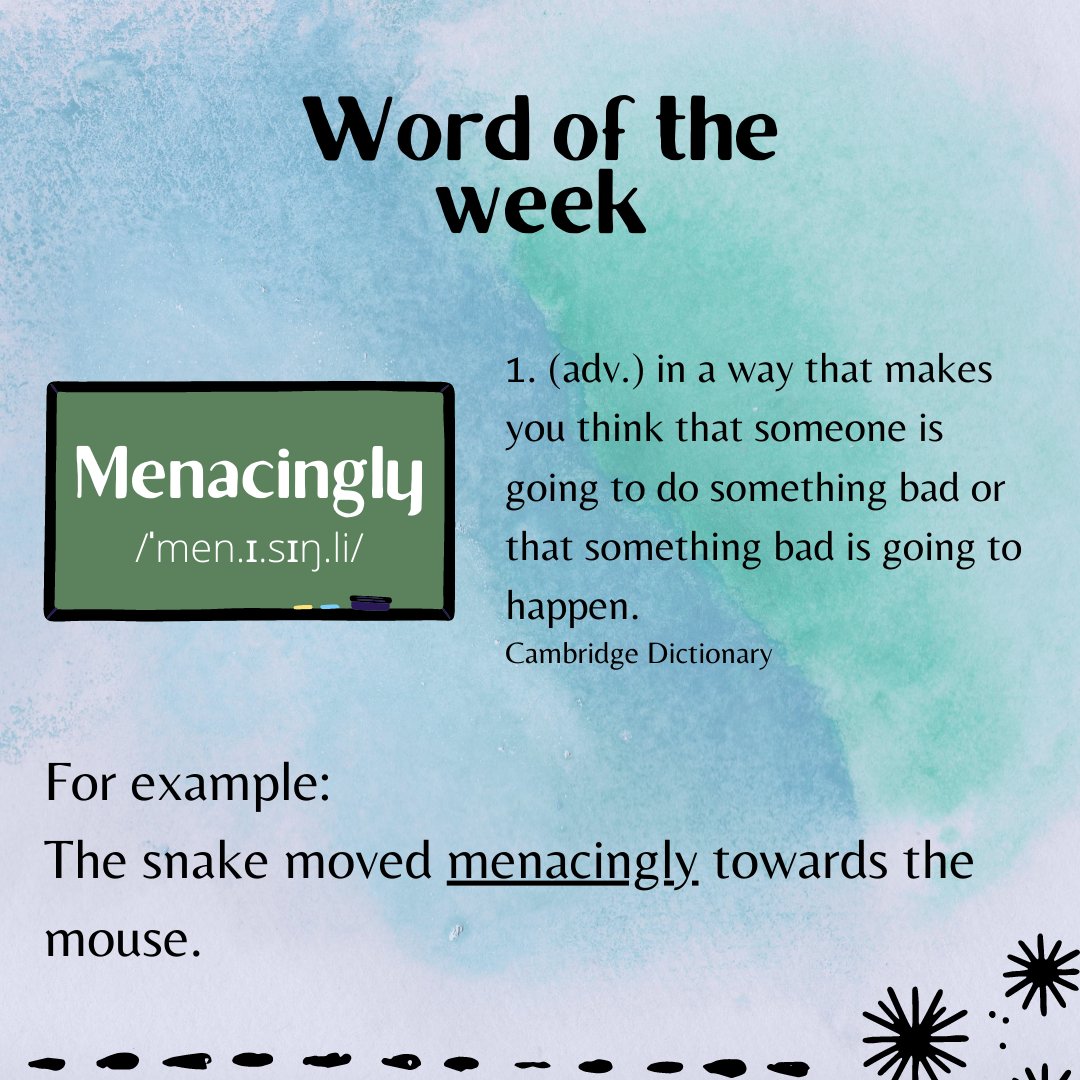 Vivi's Classroom on X: New word of the week: menacingly. Find out what it means in this post. #english #learnenglish #englishonline #fluentenglish #englishforadults #englishvocabulary #intermediateenglish #englishgrammar #ingles #inglesonline02 abril 2025
Vivi's Classroom on X: New word of the week: menacingly. Find out what it means in this post. #english #learnenglish #englishonline #fluentenglish #englishforadults #englishvocabulary #intermediateenglish #englishgrammar #ingles #inglesonline02 abril 2025 -
 Apple Knows You Didn't Mean to Type 'Ducking' - The New York Times02 abril 2025
Apple Knows You Didn't Mean to Type 'Ducking' - The New York Times02 abril 2025 -
 They're just standing thereMenacingly! I mean, besides Fred. : r/nekoatsume02 abril 2025
They're just standing thereMenacingly! I mean, besides Fred. : r/nekoatsume02 abril 2025 -
 minacious - definition of minacious in English from the Oxford dictionary02 abril 2025
minacious - definition of minacious in English from the Oxford dictionary02 abril 2025 -
Limey : does nothing wrong, doesnt be mean to anybody, just doing tasks02 abril 2025
-
Payday 3 Support Build - Hostages and Flashbangs02 abril 2025
-
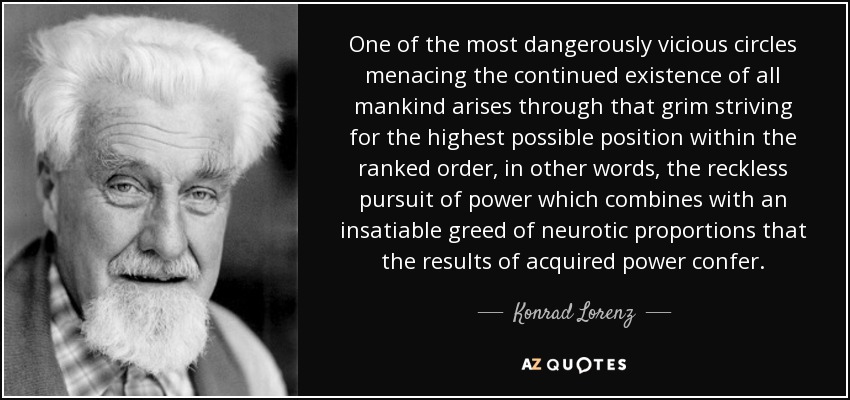 Konrad Lorenz quote: One of the most dangerously vicious circles menacing the continued02 abril 2025
Konrad Lorenz quote: One of the most dangerously vicious circles menacing the continued02 abril 2025
você pode gostar
-
 One Piece Ep 78 Nami's Sick Beyond the Snow Falling On the Stars02 abril 2025
One Piece Ep 78 Nami's Sick Beyond the Snow Falling On the Stars02 abril 2025 -
GitHub - alygao/chess: ♟ Inspired by Chess Tempo, users can interact with a chessboard to input/retrieve game data, determine best moves based on historical games and view stats.02 abril 2025
-
 Siron Franco (Gessiron Alves Franco (*Goiás Velho, Goiá02 abril 2025
Siron Franco (Gessiron Alves Franco (*Goiás Velho, Goiá02 abril 2025 -
 Best 15 Anime With Magic And Fighting, According to IMDB (2023) - OtakusNotes02 abril 2025
Best 15 Anime With Magic And Fighting, According to IMDB (2023) - OtakusNotes02 abril 2025 -
 Call of Duty WWII Multiplayer Mode Divisions Detailed02 abril 2025
Call of Duty WWII Multiplayer Mode Divisions Detailed02 abril 2025 -
.png) Óculos Oakley Lupa de vilão gold02 abril 2025
Óculos Oakley Lupa de vilão gold02 abril 2025 -
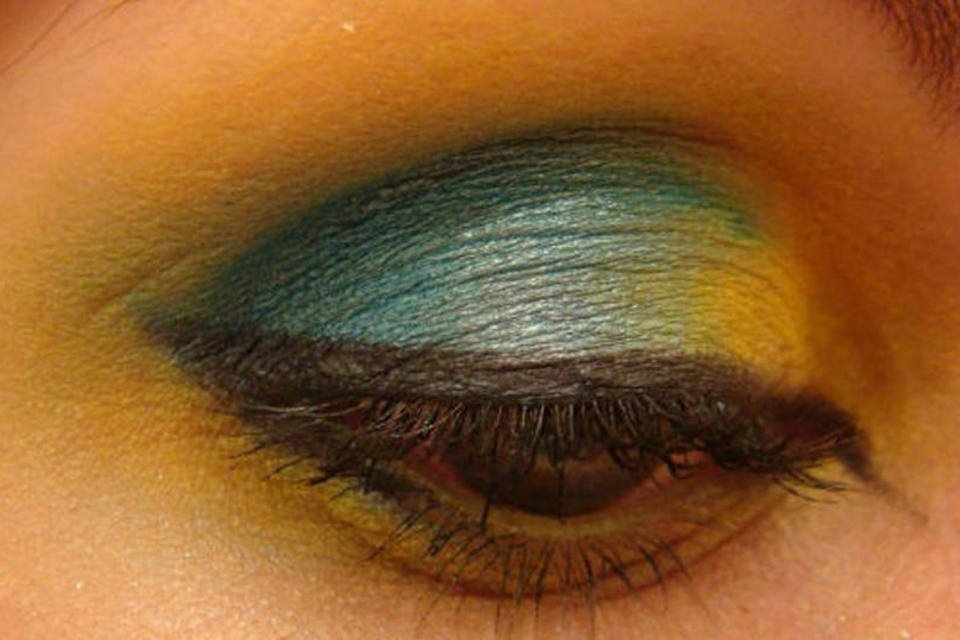 Mulheres que usam maquiagem ganham mais02 abril 2025
Mulheres que usam maquiagem ganham mais02 abril 2025 -
 How Tall is Tubbo? Unveiling the Height of the Popular Content02 abril 2025
How Tall is Tubbo? Unveiling the Height of the Popular Content02 abril 2025 -
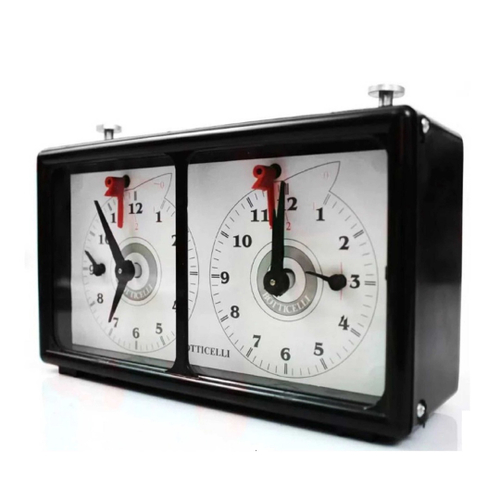 Relógio Para Jogo De Xadrez Analógico a Corda - Cód. 110 no Shoptime02 abril 2025
Relógio Para Jogo De Xadrez Analógico a Corda - Cód. 110 no Shoptime02 abril 2025 -
 ROTTEN APPLE definition in American English02 abril 2025
ROTTEN APPLE definition in American English02 abril 2025

